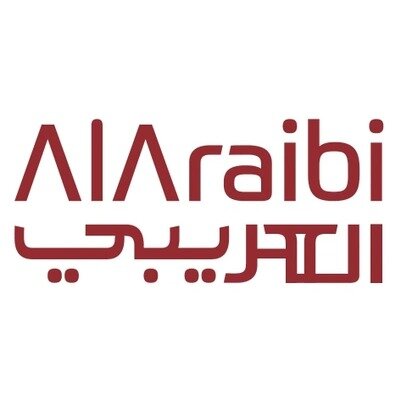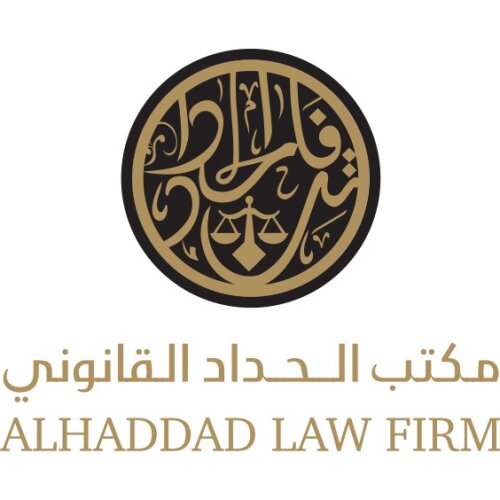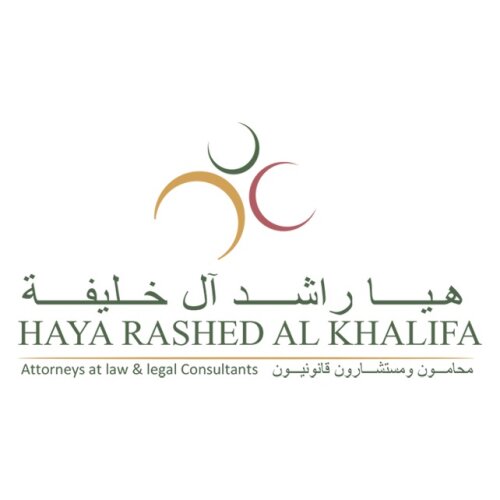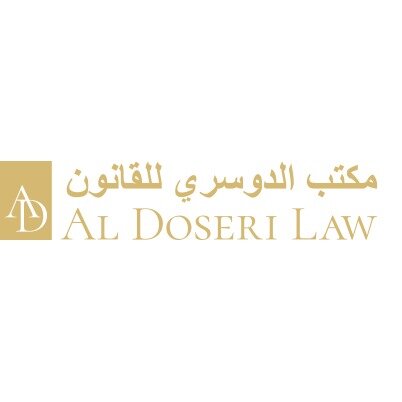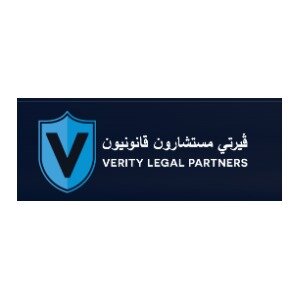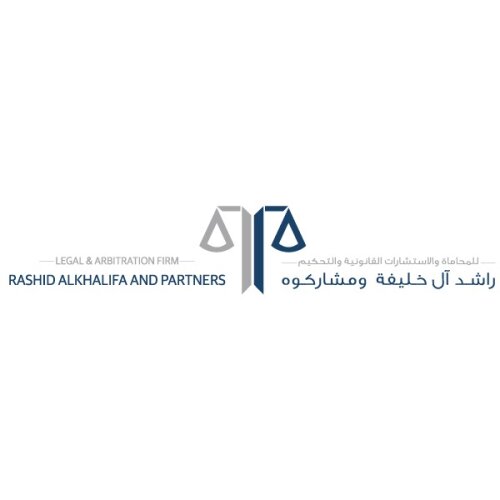Best Oil, Gas & Energy Lawyers in Manama
Share your needs with us, get contacted by law firms.
Free. Takes 2 min.
List of the best lawyers in Manama, Bahrain
About Oil, Gas & Energy Law in Manama, Bahrain:
Oil, gas, and energy are vital sectors in Bahrain's economy. The country has a well-established legal framework governing these industries to ensure proper regulation and operation. This includes laws related to exploration, extraction, production, distribution, and consumption of oil, gas, and energy resources.
Why You May Need a Lawyer:
Individuals and businesses operating in the oil, gas, and energy sectors in Manama, Bahrain may require legal assistance in various situations. This can include contract disputes, regulatory compliance, environmental issues, licensing and permits, property rights, mergers and acquisitions, and more. A lawyer with expertise in oil, gas, and energy law can provide valuable guidance and representation to navigate these complex legal issues.
Local Laws Overview:
In Bahrain, the oil, gas, and energy industries are primarily regulated by the National Oil and Gas Authority and the Electricity and Water Authority. Key aspects of local laws that are particularly relevant to these sectors include licensing requirements, environmental regulations, safety standards, taxation, and contractual agreements. It is essential to have a thorough understanding of these laws to ensure compliance and protect your rights.
Frequently Asked Questions:
1. What are the regulations for obtaining an oil and gas exploration license in Bahrain?
Currently, the National Oil and Gas Authority regulates the process for obtaining exploration licenses for oil and gas activities in Bahrain. The Authority sets out specific criteria and requirements that must be met by applicants.
2. How are oil and gas contracts typically structured in Bahrain?
Oil and gas contracts in Bahrain are typically structured as production sharing agreements (PSAs) or concession agreements. These agreements outline the rights and obligations of the parties involved in exploration, production, and distribution of oil and gas resources.
3. What environmental regulations apply to oil, gas, and energy operations in Bahrain?
The Environmental Law in Bahrain sets out regulations for environmental protection in various industries, including oil, gas, and energy. Companies operating in these sectors must comply with these regulations to minimize their environmental impact.
4. How are disputes resolved in the oil, gas, and energy sectors in Bahrain?
Disputes in the oil, gas, and energy sectors in Bahrain are typically resolved through arbitration or litigation. Parties may choose to include arbitration clauses in their contracts to designate a specific forum for dispute resolution.
5. Are there any tax incentives for companies operating in the oil, gas, and energy sectors in Bahrain?
Bahrain offers various tax incentives and exemptions for companies operating in the oil, gas, and energy sectors to promote investment and growth in these industries. Companies should consult with a tax lawyer to understand the available incentives.
6. What are the requirements for foreign companies to operate in the oil, gas, and energy sectors in Bahrain?
Foreign companies operating in the oil, gas, and energy sectors in Bahrain must comply with specific regulations and licensing requirements set out by the National Oil and Gas Authority. These requirements may vary depending on the nature of the activities being conducted.
7. How can I protect my intellectual property rights in the oil, gas, and energy sectors in Bahrain?
Protecting intellectual property rights in the oil, gas, and energy sectors in Bahrain involves registering patents, trademarks, and copyrights related to innovative technologies and processes. Consulting with an intellectual property lawyer is recommended to navigate these complex legal issues.
8. What are the regulations for renewable energy projects in Bahrain?
Bahrain is actively promoting renewable energy projects as part of its commitment to sustainability and environmental conservation. The Electricity and Water Authority sets out specific regulations and incentives for renewable energy initiatives in the country.
9. How can I ensure compliance with health and safety regulations in the oil, gas, and energy sectors in Bahrain?
Companies operating in the oil, gas, and energy sectors in Bahrain must adhere to strict health and safety regulations to protect the wellbeing of their employees and the environment. Establishing robust safety protocols and conducting regular inspections are essential to ensure compliance.
10. What are the key considerations for mergers and acquisitions in the oil, gas, and energy sectors in Bahrain?
Mergers and acquisitions in the oil, gas, and energy sectors in Bahrain involve complex legal and regulatory considerations. It is crucial to conduct due diligence, negotiate terms, and seek legal advice to navigate the intricacies of these transactions successfully.
Additional Resources:
For more information on oil, gas, and energy laws and regulations in Bahrain, individuals and businesses can consult the National Oil and Gas Authority, the Electricity and Water Authority, and legal firms specializing in energy law.
Next Steps:
If you require legal assistance in the field of oil, gas, and energy in Manama, Bahrain, it is recommended to seek out a qualified lawyer with expertise in energy law. A lawyer can provide valuable guidance and representation to ensure compliance with local regulations and protect your rights in these vital industries.
Lawzana helps you find the best lawyers and law firms in Manama through a curated and pre-screened list of qualified legal professionals. Our platform offers rankings and detailed profiles of attorneys and law firms, allowing you to compare based on practice areas, including Oil, Gas & Energy, experience, and client feedback.
Each profile includes a description of the firm's areas of practice, client reviews, team members and partners, year of establishment, spoken languages, office locations, contact information, social media presence, and any published articles or resources. Most firms on our platform speak English and are experienced in both local and international legal matters.
Get a quote from top-rated law firms in Manama, Bahrain — quickly, securely, and without unnecessary hassle.
Disclaimer:
The information provided on this page is for general informational purposes only and does not constitute legal advice. While we strive to ensure the accuracy and relevance of the content, legal information may change over time, and interpretations of the law can vary. You should always consult with a qualified legal professional for advice specific to your situation.
We disclaim all liability for actions taken or not taken based on the content of this page. If you believe any information is incorrect or outdated, please contact us, and we will review and update it where appropriate.



